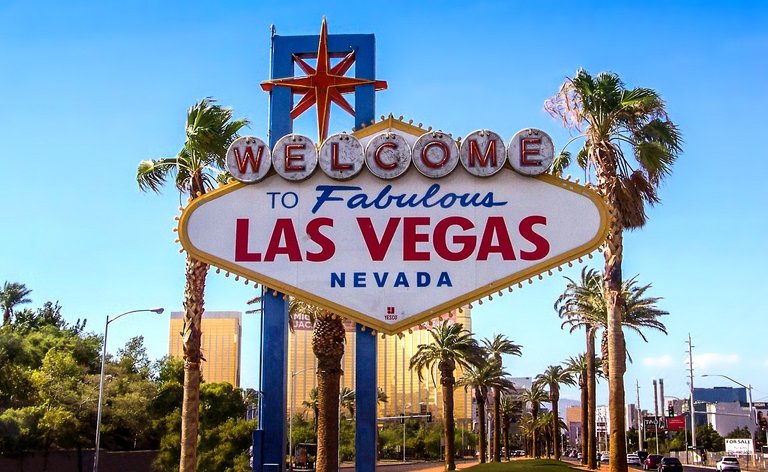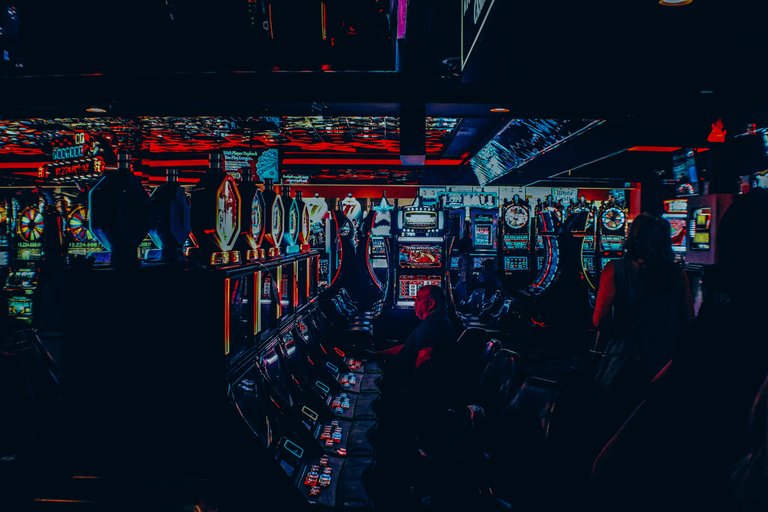
This is huge -- the U.S. Supreme Court has just voted to legalize sports gambling on a nationwide basis. Of course, it's up to each individual state to decide how to implement this, but the big takeaway is that the Vegas monopoly on sports betting is over. New Jersey is the biggest state pushing for sports betting legalization, and my guess is that many - if not all - of the big Atlantic City casinos are going to have some form of sports gambling in place by September.
Why September? That's the start of football season, and the time when sports gambling in America goes completely off-the-charts. Imagine being able to capture that huge windfall in tax revenue from gambling winnings!
Until today, the only place in the country where you could legally gamble on sports was Las Vegas. There were a number of other, seedier alternatives, but if you wanted to wager on the outcome of a football, baseball or basketball game, you had to be in Las Vegas. Step by step, many states have been chipping away at this rule. Most states, for example, allow "fantasy sports," which some people claim is just a form of sports wagering. (it's not -- it's a game of skill, but that's an argument for another day)
The case for putting sports betting on the blockchain
So if sports betting is going to be legal, why not put it on the blockchain? For one, it would get rid of the middleman. Right now, if you want to place a wager, the middleman (i.e. the casino) establishes a market that gives it the best chance of making money. In other words, if you have a super-duper, slam dunk, can't miss, automatic pick -- Vegas is going to make it very hard to make any type of serious money on that bet. During football season, that means you need to pick a lot of underdogs and identify a lot of mispriced teams if you realistically want to make a lot of money. You are essentially going up against "the house" and not an individual gambler. But blockchains are all about P2P interactions - so let's get rid of the rake. It would be more similar to two guys making a friendly wager over a few beers.
Secondly, putting sports betting on the blockchain would create a permanent ledger of all bets and wagers, eliminating fraud of all kind. At any point in time, you would be able to see all bets on a particular game. Thirdly, it would create a fair, transparent market and eliminate any forms of arbitrage (i.e. you wouldn't be able to get better odds on a game by walking down the street to the next casino).
But here's the thing -- putting sports betting on the blockchain would kill the modern casino as we know it. And I don't think that's what state legislators have in mind. In New Jersey, for example, the goal (I think) is to save Atlantic City and prop up all those failing casinos. Highly-paid elected officials probably imagine hordes of summer tourists heading down to Atlantic City to enjoy the Jersey Shore beaches and, oh yeah, place a few bets on summer baseball games. As I understand it, New Jersey will only legalize sports betting at casinos and racetracks.

How did we get here?
Overall, the legalization of sports betting is a fascinating development from a purely intellectual perspective. As I see it, the decision to legalize sports betting rests on three fundamental arguments:
- States should be able to do as they please, without the federal government telling them what to do
- Certain forms of economic activity create a tax windfall for municipal authorities and should be allowed
- The modern state should not criminalize activities that are going to take place anyway ("why make it illegal if everyone is doing it already?")
The problem is, you could use those three sets of arguments to rationalize the legalization of just about anything. Hey, let's make drugs legal! Hey, let's make prostitution legal!
Vegas has always occupied a special place in the American imagination. It would be a shame if the legalization of national sports betting leads to its eventual decay -- much as the legalization of gambling in nearby Pennsylvania and Connecticut led to the decay of Atlantic City.
CREDITS:
"Welcome to Las Vegas" photo via skeeze on Pixabay
Las Vegas slot machines photo by John Schnobrich on Unsplash